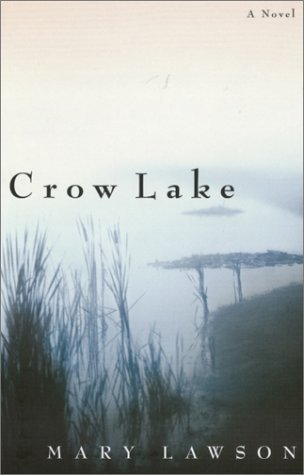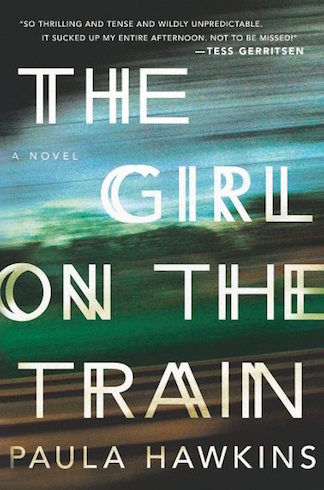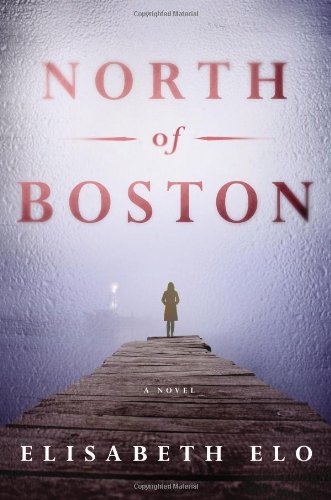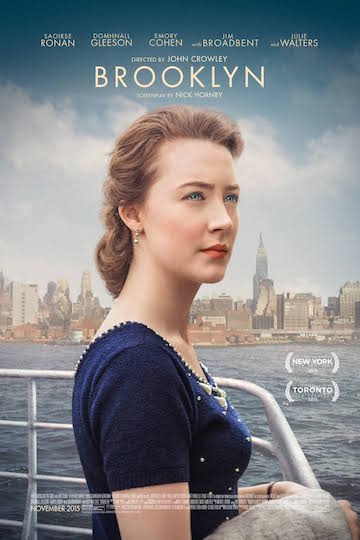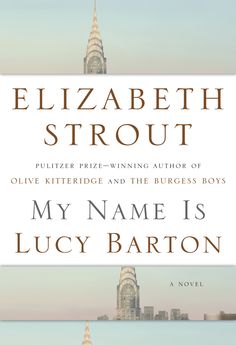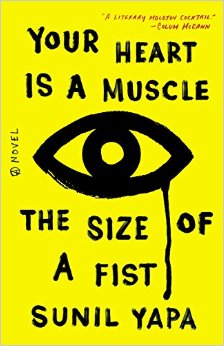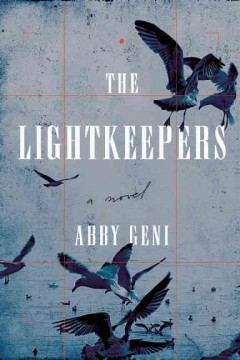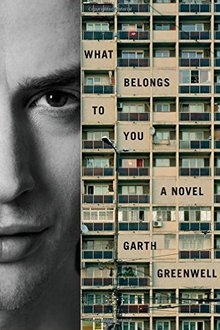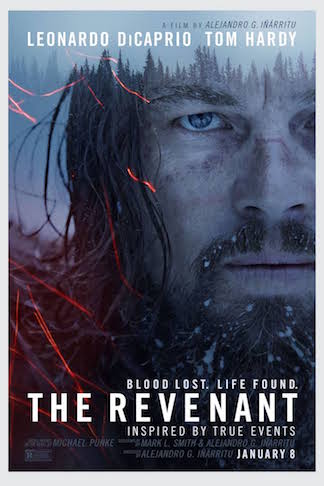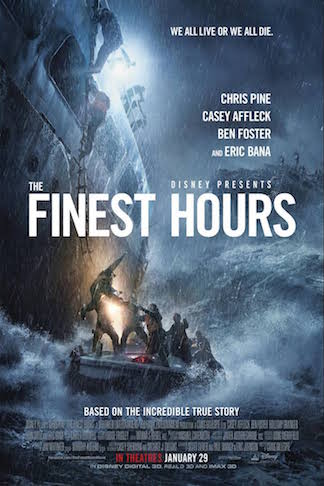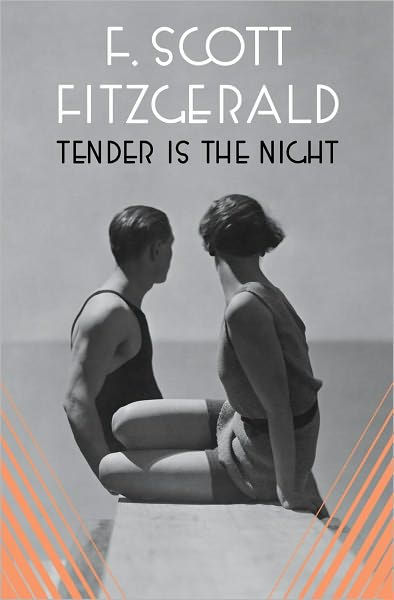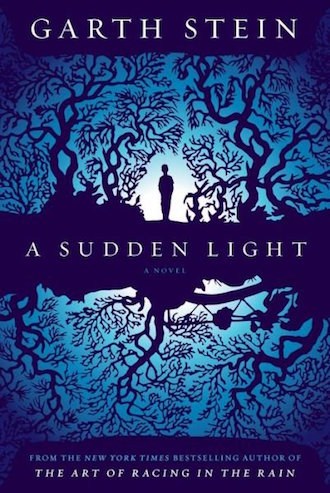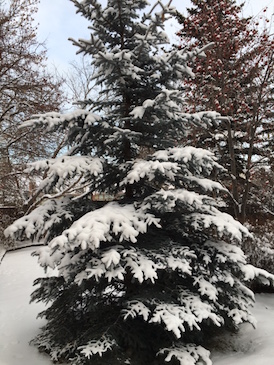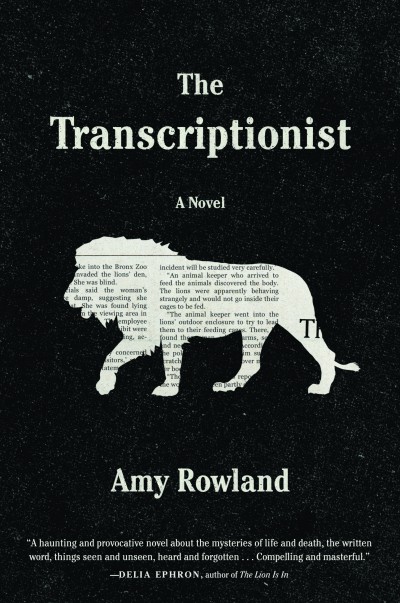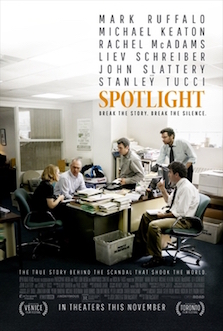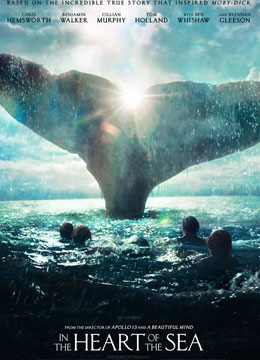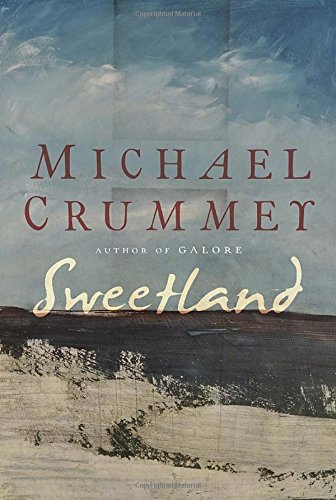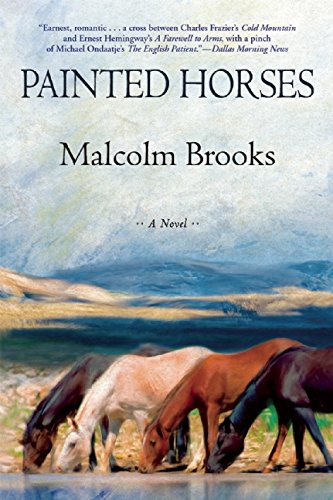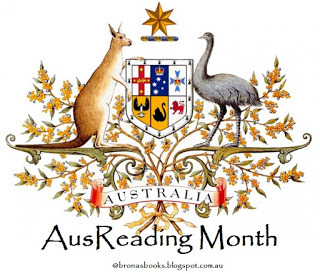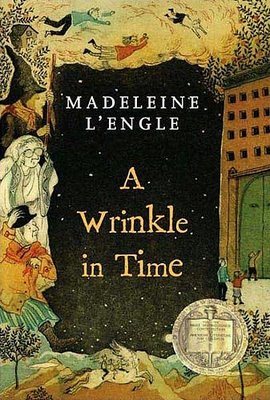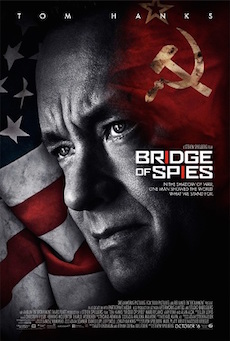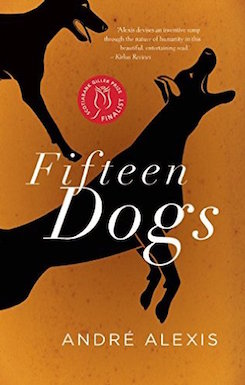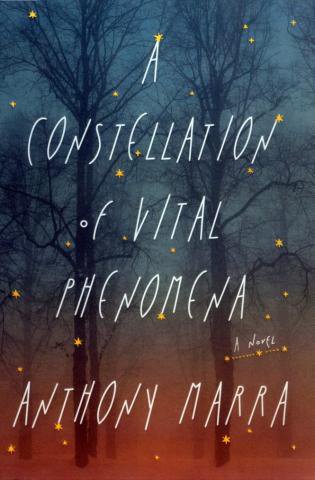This past week I’ve been enjoying David McCullough’s nonfiction book “The Wright Brothers” and Sarah Waters’s novel “The Paying Guests” and will report back once I finish both. Have you read these? Meanwhile over the past few months I finished seeing the eight Oscar nominees for Best Picture and a few other films as well. Here are the last five movies I’ve seen:
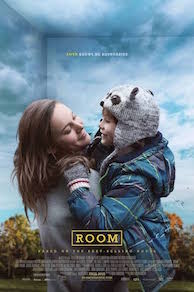
“Room” — I wasn’t sure I’d be able to see this movie about a mother and son held captive in a shed for years, but I knew (even though I haven’t read the novel by Emma Donoghue yet) there must be something redeeming about the story, or else what’s the point of watching so awful a plot and subject matter. Indeed it’s the mother’s bond with her son and how she shields him from the horrors of the situation, creating an imaginative world in just a tiny room, that makes it special. The movie is reminiscent of the 1997 film “Life Is Beautiful” in which a father protects his son from the dangers in a WWII concentration camp. “Room” is not exactly an easy watch, but it’s definitely one of the most moving and heart-wrenching films of the year. My nails didn’t exactly survive in tact.
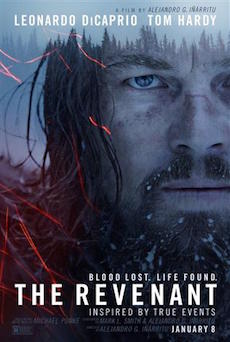
“The Revenant” — This revenge film — about a frontiersman (played by Leo DiCaprio) left for dead on a winter fur trading expedition in the 1820s — is brutal! Make no mistake about it! I’m not exactly sure I knew what I was getting into. What’s for sure is that Leo’s character has about nine lives in this movie. It’s rough to say the least, but for Leo I survived its Indian attacks, animal attack and its harsh conditions to make it through. But in reality I wouldn’t have survived one night in the frozen woods or five minutes in the river. “The Revenant” reminded me a bit of the 1972 film “Jeremiah Johnson” but had many more hardships to tackle. While I’d support Leo getting an Oscar for his performance, and liked the film’s cinematography, I’m not really rooting for the film to win Best Picture, though with its 12 nominations it’s likely the favorite.
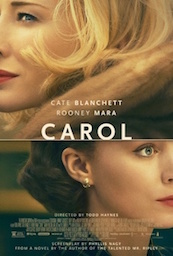
“Carol” — While I liked and appreciated this film — about two women who develop an intimate relationship in the 1950s — for some reason for me it didn’t totally live up to all the hype I had heard about it. The performances by both Rooney Mara and Cate Blanchett are undoubtedly strong as is the direction by Todd Haynes, but somehow I didn’t get totally ramped up about the power of the story, or didn’t feel I knew the characters too well. I guess I wanted to like “Carol” perhaps more than I did.
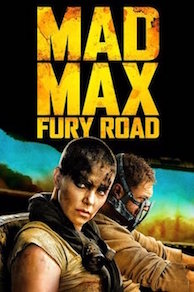
“Mad Max: Fury Road” — This high action sequel set in post-apocalyptic Australia was definitely quite a wild ride. It features big truck and motorcycle chases across the desert going full blast amid a lot of gunfire, and has Charlize Theron teaming up with Tom Hardy, which isn’t too shabby. It’s action-packed for sure with a tyrannical bad guy, but it sort of made me long for the old Mad Max days of Mel Gibson. The first “Mad Max” movie in 1979 scared the heck out of me. And while “Fury Road” is a decent action flick, does it really deserve a Best Picture nomination? I guess I didn’t think so.

“The Big Short” — The funny thing is I really didn’t want to see this film about four guys who predicted the U.S. economic collapse of 2008. I just thought a financial film about the credit and housing bust might be drudgery to revisit those days. Did I really want to return to “the worst downturn since the Great Depression” again? But how wrong I was! “The Big Short” takes quite a creative approach to get to the bottom of the complex fallout; it’s entertaining and the performances by the well-known cast of Steve Farrell, Ryan Gosling, and Christian Bale, in particular, are outstanding — as is the soundtrack. It seems either the film or the book by Michael Lewis should be required for all Americans. What a disaster for the country! I wouldn’t mind if it won a few Oscar awards including the big one, even though I don’t think it will.
What about you have you seen any of these movies — and if so what did you think? Or do you have a favorite film of 2015?

